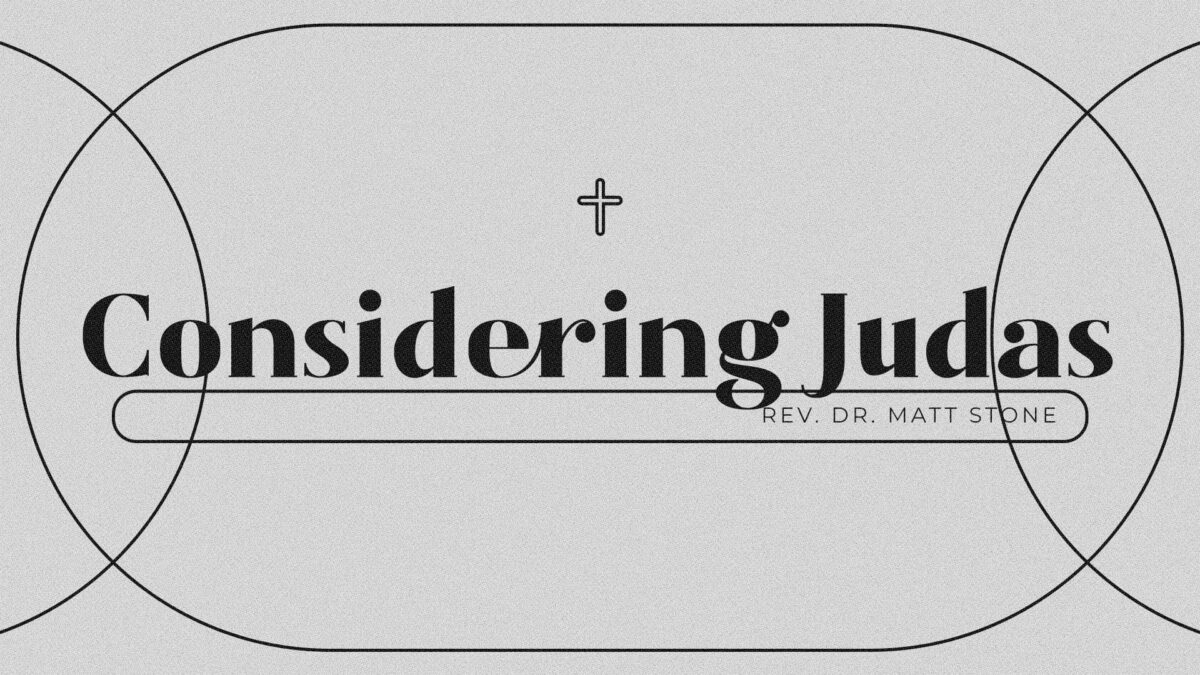Judas is the worst. We can all agree on this! He betrayed the savior of the world, thus earning himself the supreme title of “The Worst That Ever Was.” We don’t know exactly why he did what he did. Maybe he was greedy? Perhaps he was jealous? He may have been trying to ‘encourage’ Jesus to call down heavenly armies to defeat the empire? Whatever the rationale, the outcome was so great an act of betrayal that his name became synonymous with the worst kind of treachery.
But.
Matthew’s gospel includes an intriguing little note about Judas’s response to his own act of betrayal:
“When Judas, his betrayer, saw that Jesus was condemned, he repented and brought back the thirty pieces of silver to the chief priests and the elders” (Matthew 27:3).
What should we do with this? If Judas sinned against God (could there have been a greater sin in the history of mankind?) but repented of that sin, why didn’t he experience the same kind of forgiveness and redemption that Peter experienced? Just a few verses before we hear the end of Judas’s story (who tragically decides to end his own life), we hear of Peter’s own betrayal of Jesus in the courtyard of Caiaphas, the High Priest. Peter, however, experiences a stunning gift of grace and forgiveness from the risen Christ and goes on to be the Rock on whom the Church was founded!
So what accounts for the difference between these two men? Both sinned, both apparently repented. Yet only one was forgiven? We find a clue in the language Matthew chooses to describe Judas’s reaction, which carries a meaning closer to regret than repentance. If repentance communicates an expression of sorrow for having sinned, a desire to change one’s behavior and a request for forgiveness, then ‘regret’ is something entirely different. Judas simply regretted what he did, without any accompanying commitment to life-change or request for forgiveness, and his demise is evidence of that reality.
Regret consumes us and enslaves us to past sin or error that we don’t let go of, whereas repentance frees us from our sin and delivers us into a new kind of future. Peter experiences the full blessing of forgiveness and deliverance because he put himself in front of Jesus even after having betrayed Him. Judas misses that blessing because he hides from Christ in the shame of his betrayal. Note that the outcome depended not upon God’s willingness to forgive and redeem; rather, the outcome for both Judas and Peter was dependent upon each man’s response to his sin!
As we continue the journey through Lent and toward Easter, part of the gift of this season is the opportunity to confront our sin and repent. Don’t allow regret to hold you captive your past and enslave you to shame. Repent of your sin, believe in the good news of Jesus and receive a new birth in Christ!


